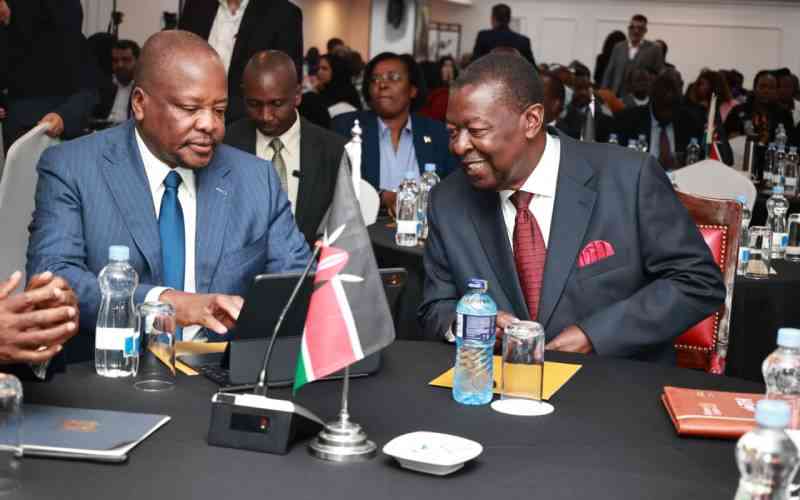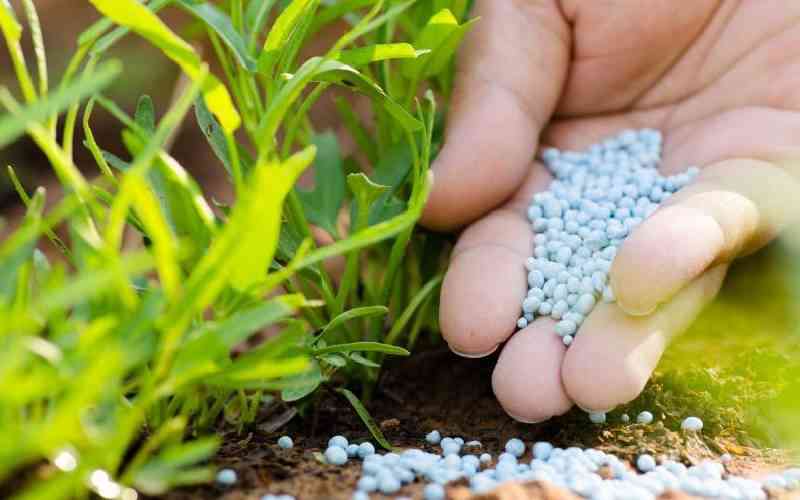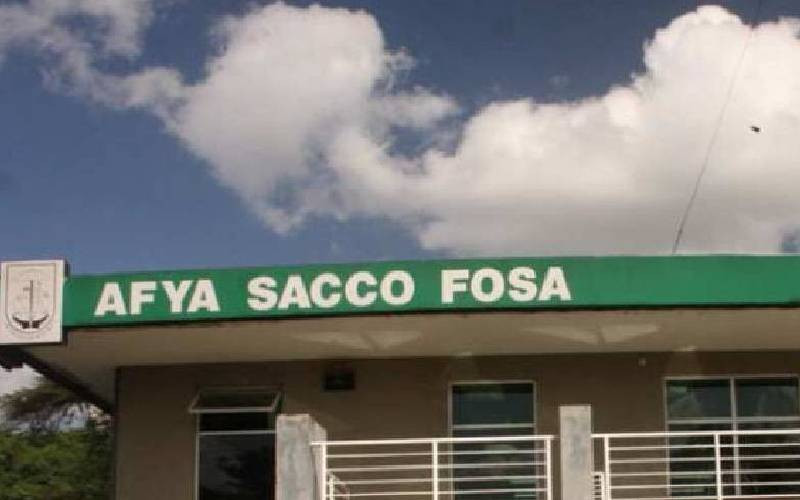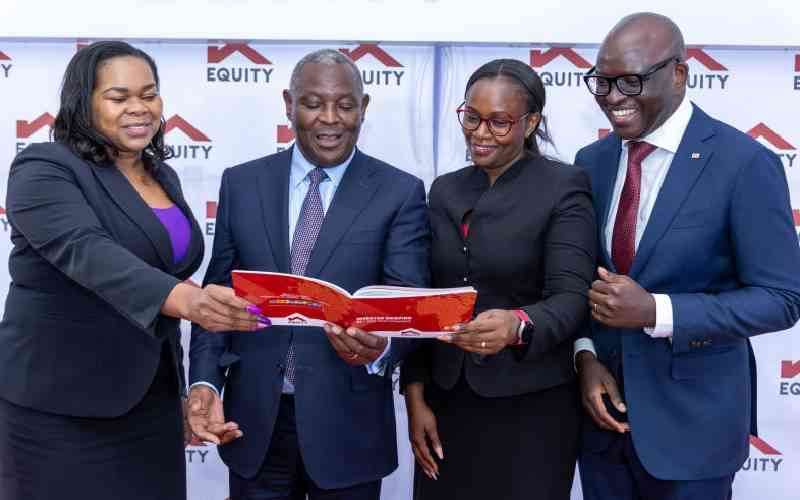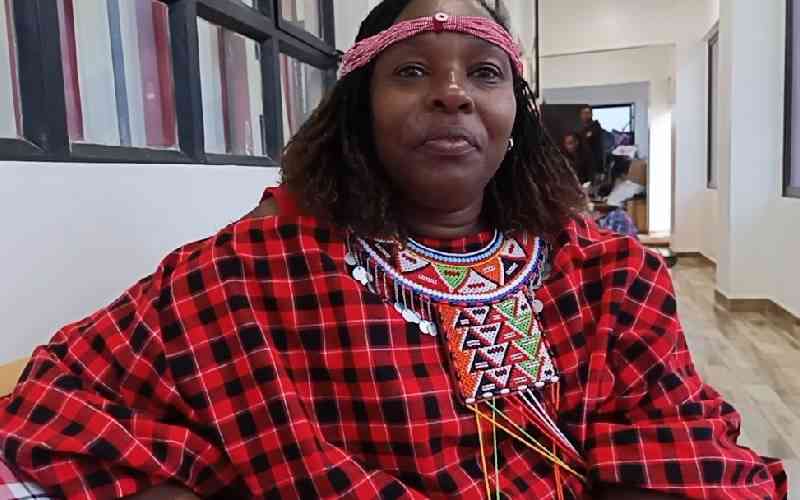
The Samburu Women Trust and the Indigenous Women Council last week celebrated 10 years of advancing women and girl’s rights among indigenous communities.
The celebrations were in hour of the network’s impactful journey of indigenous women rights and hosting of IWC, a council that promotes self-organising among women from the grassroots to the national level, while also advancing their representation and active participation in leadership spaces.
Jane Meriwas, the executive director of SWT, the brains behind the movement said had you asked her where the initiative would be 10 years ago, her response wouldn’t be close to what they have been able to achieve.
According to her, working in a marginalised region and among patriarchal societies, the task ahead was huge.
In an interview during the conference to mark a decade of their work, Meriwas spoke of the SWT and IWC journey, the challenges, interventions and the future of indigenous women in grassroots, county and national spaces.
What prompted you to start the Samburu Women Trust and the Indigenous Women Council initiatives?
The idea was triggered by a conversation we had on how do we discus women issues, how do we become more visible, how do we drum up support from policy makers and leaders so that they understand our issues. We were just four when we started the conversation. We then grew to 10 women and as we speak, we are more than 10,000 women drawn from different indigenous groups in Kenya, Tanzania and Uganda.
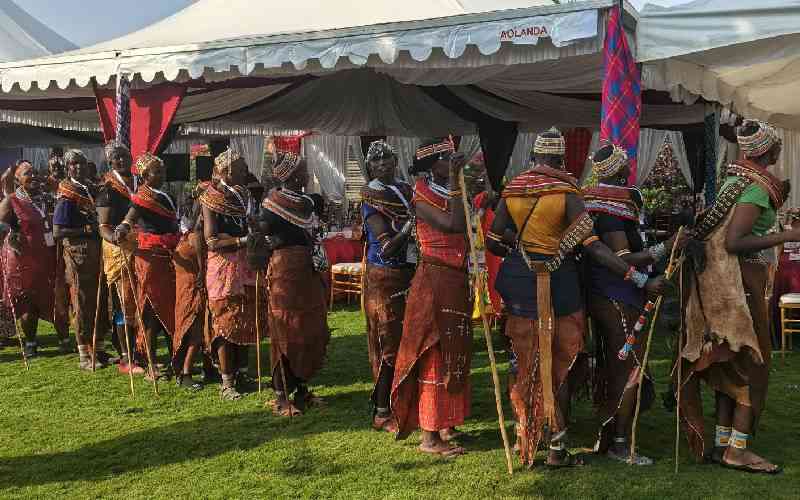
Women from the indigenous communities have suffered from discrimination, ranging from land ownership, education to suppression of their voices. To fight outdated cultures such as FGM and early marriages, actions had to be taken to save women from being treated as men’s property.
What are some of the achievements in advocating the rights of women and girls in the last decade?
The initiative has elevated the status of women in society. They now have a space on the decision-making table on societal matters. Elders have embraced the leadership role of women, and we have women being elected in political positions, community roles and more. We have women elected and nominated in various positions by different counties and at the national level. The initiative has attracted recognition from the state as four of our women were conferred the Head of State Commendation.
The Indigenous human rights space in quite specific and years back didn’t draw much attention and/or interest. How has the journey been in highlighting this space and what are some of the challenges have you faced?
When we began the initiative, the first enemy was women. They couldn’t believe we can make a vibrant movement that can bring women in East Africa together. Second, we live in a patriarchal society that didn’t believe women can indeed take responsibilities and different roles perceived to be reserved for men. The lack of funding also hindered us from implementing projects.
It took us nine years to attract funding from donors. Our first funded project was in 2024. We survived on the little we had but we couldn’t kill a dream because of lack of funding. Our consistency bore fruits after 10 years. Those challenges call for commitment, belief in the passion you have and calls for believe in the commitment to advance women rights and to convince the world to know that indeed women can become.
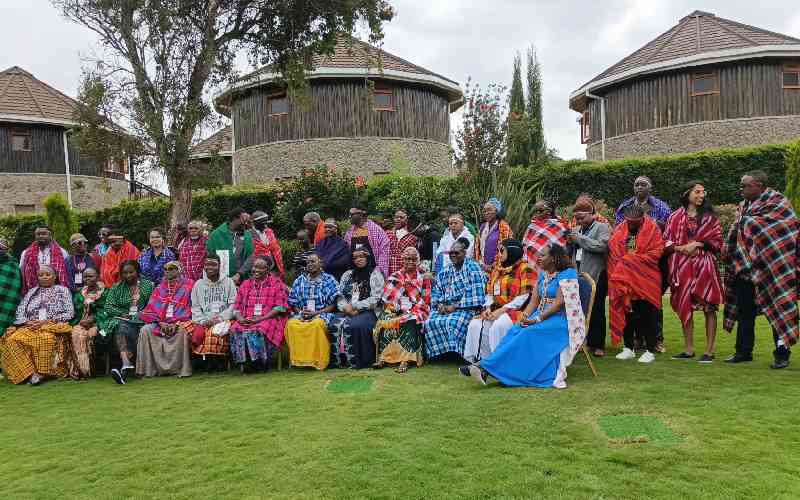
Inadequate women representation in politics and leadership remains a challenge even at the national level in attaining the two-thirds gender rule. What lessons have you drawn in the last 10 years that those at the national level can learn from?
One of the things that we want to push is that involvement is very important. When everybody understands the cause, especially the grassroots women, it becomes easier for us to push our agenda. The two-third gender rule is not an issue of women, it is an equity issue. It is an issue where men can be, it doesn’t mean that when we push the two-thirds gender rule, we are championing women’s agenda. When we have a common ground, women understanding the real issues we want addressed. But sometimes it becomes difficult because women at the grassroots don’t understand the real issues.
Stay informed. Subscribe to our newsletter
Among the areas you focus on are faced by harsh climatic conditions, which have been worsened by climate crisis. Do you think these communities are getting enough support from international, national and county mechanisms? And two, what do you think should be done by these institutions?
The simple answer is no. The government should create an accessible emergency fund to support these communities because they are already excluded from the mainstream frameworks. If it is about education and health system, they are excluded. We call upon the government to create an emergency fund so that those communities can be evacuated and helped build their lives. The government should ensure there is data of those affected, so that when intervention comes about, the help will get to the intended — the victims not everyone. The government should also invest in a long-lasting solution by permanently resettling communities affected by the rising water levels.
What are your priority areas in the next phase?
I want to leave a lasting sustainability mark at Samburu Women Trust for continuity whether there is funding or not. We will have one hub for women, something sort of a shopping centre, whereby we will have a gender recovery centre, a research centre where people can learn more about climate change and such. I look forward to a more sustainable Samburu Women Trust and Indigenous Women trust to continue with our projects rather that looking for funding.
